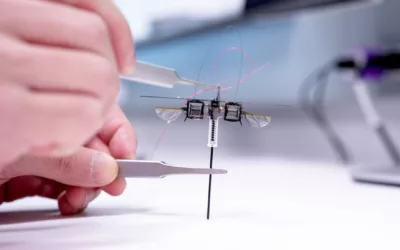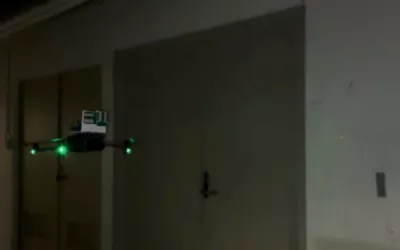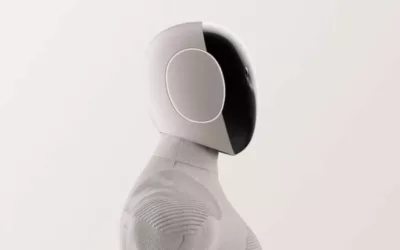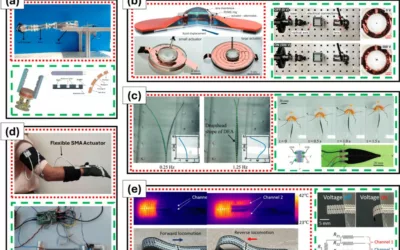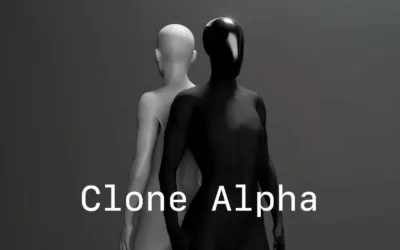A $5 million initiative by the National Science Foundation is aimed at advancing robotics research by providing standardized humanoid robots to the scientific community. Oregon State University is a key contributor to this effort, with Bill Smart and Naomi Fitter from the university’s College of Engineering leading the project. The project is part of the NSF’s Computer and Information Science and Engineering Community Research Infrastructure program and aims to drive discovery and learning in computing and communication foundations, computer and network systems, and information and intelligent systems.
The initiative involves building and distributing 50 Quori robots, which have expressive faces, gesturing arms, and a bowing spine. They are designed to serve as a standardized hardware and software platform for researchers to experiment within both lab and real-world settings. The Oregon State investigators are collaborating with researchers at the University of Pennsylvania’s GRASP Laboratory and a Los Angeles-based software company, Semio, which specializes in robotics applications.
The lack of a common robot to work with has been a significant obstacle in robotics research. With the introduction of Quori robots, researchers will have access to a standardized platform to compare results, replicate and build on each other’s work. Oregon State’s primary contributions to the project will be setting up and maintaining a network of resources surrounding the use of the Quori robot and helping to beta test the robot and the resources.
The project team plans to connect students and researchers using Quori through online collaboration tools, events, and opportunities to work together. They aim to build a community of roboticists who can learn from one another and advance the pace of research. This initiative will increase the diversity of people involved in robotics research in the United States, accelerating progress, especially in the field of human-robot interaction.



